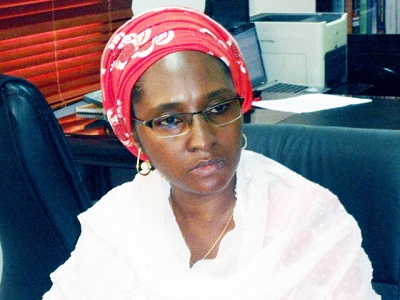FG decries N4bn spent annually on importation of diaper, others
The Federal Government has expressed concern over the N4billion plus spent yearly on the importation of diaper, sanitary pads, wipes and napkins into the country, describing it as unacceptable.
The Ministry of Industry, Trade and Investment, at a validation meeting, yesterday, on the Draft National Industry Policy, in efforts to encourage local production and stem capital flight, said increased productivity will meet local demand and export purposes, job creation, and economic boost through government industrialisation drive.
In his keynote in Abuja, the Permanent Secretary in the Ministry, Edeth Akpan Sunday, said the Nigeria Industrial Revolution Plan (NIRP), which is the industrial component of the Economic Recovery and Growth Plan (ERGP), identified demand for nappies or diapers and pants in Nigeria as very low in per capital terms.
He said: “This means, it is a developing category with strong growth prospects considering the high fertility and birth rate by Nigerian women estimated by the United Nations International Children Emergency Funds (UNICEF) to be 5.9 million babies annually.”
He noted that despite the numerous challenges facing the sector, the diaper, sanitary pads, wipes, and napkin industry has recorded steady growth over the years, while workforce has increased, as more jobs are being created both skilled and unskilled in every aspect of the industry.
Edeth, represented by the Director, Human Development in the Ministry, Mr. Alabi Samuel Akintunwa, also said about 20 companies (three in diaper, and 17 in sanitary pads, napkins and wipes) are into the manufacturing of these products, and many more investors both local and international will soon join.
He said the strategies and incentives to drive the industry have been identified for implementation in the policy, and assured of the Ministry’s collaboration with other stakeholders to up scale the dedicated loan facility to the sector to enable the acquisition of modern machinery for higher productivity to fill in the gaps within three years.
Speaking with journalists,, the Acting Director, Industrial Development Department in the Ministry, Dr. Francis Alanemeh, said the validation is the final meeting to make amends before forwarding the draft to the Federal Executive Council (FEC) for approvals.








